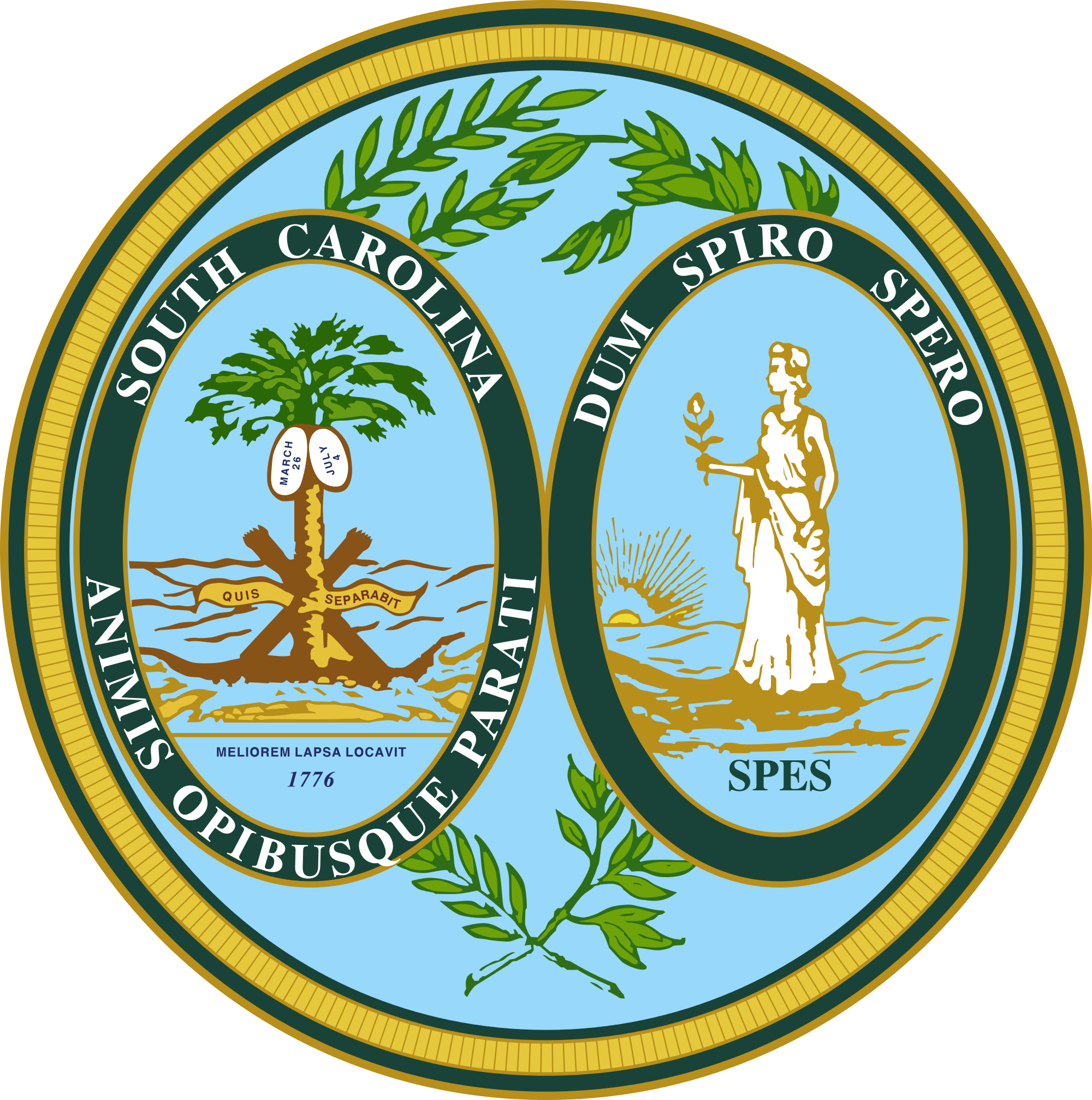 COLUMBIA, SC — The South Carolina House and Senate agreed to extend the 2018 legislative session beyond the May 10 statutory adjournment date and return to Columbia on May 23 and 24. When the legislators return, their actions will be limited by the Sine Die Resolution to include consideration of the General Appropriations Bill, legislation concerning the V.C. Summer Nuclear units, and other defined matters.
COLUMBIA, SC — The South Carolina House and Senate agreed to extend the 2018 legislative session beyond the May 10 statutory adjournment date and return to Columbia on May 23 and 24. When the legislators return, their actions will be limited by the Sine Die Resolution to include consideration of the General Appropriations Bill, legislation concerning the V.C. Summer Nuclear units, and other defined matters.
During the recess, the Budget Conference Committee appointed to reconcile the differences in the House and Senate versions of the Appropriations Bill for FY 2018-19 will continue to meet. The Senate is represented by Finance Committee Chairman Sen. Hugh Leatherman (R-Florence), 2018 SCICU Legislative Champion Sen. John Mathews (D-Bowman), and Sen. Sean Bennett (R-Summerville). Ways and Means Chairman Rep. Brian White (R-Anderson), Rep. Durham Cole (R-Spartanburg) and Rep. Bill Clyburn (D-Aiken) represent the House.
There are significant differences between the two budget proposals, especially when it comes to funding higher education. The Senate proposed increased funding for need-based grants— both Tuition Grants for students attending private non-profit colleges and the Commission on Higher Education (CHE) program for public colleges—the academic library consortium (PASCAL), and recurring funds for public colleges and universities. The House proposed no such increases, but agreed with the Senate to fully-fund the Merit Scholarships.
Given the broad differences in the two budgets, SCICU’s advocacy efforts are focused on the Senate’s proposal to increase funding to need-based grants by over $11 million. Under the Senate plan, the Tuition Grants Commission would receive a direct increase of about $1.2 million and an indirect increase of approximately $1.6 million from its share of the almost $10 million increase proposed for the CHE need-based grant program.
Need-based grants are essential for promoting access and affordability to higher education, especially for low income, first generation, and minority students. If the Senate version becomes law, the maximum Tuition Grant could increase more than 6% from $3,200 to $3,400 per year for more than 13,600 Tuition Grant recipients attending independent colleges and universities. Depending on the cost of tuition and fees, more than 16,000 students attending public colleges and universities could see similar increases.
Advocates for student financial aid and independent higher education are encouraged to contact members of the Budget Conference Committee in support of the Senate budget proposal.

